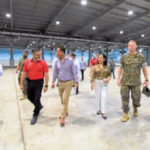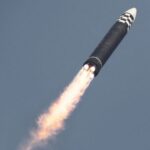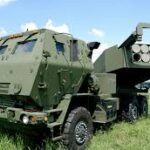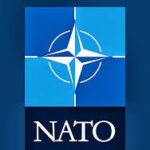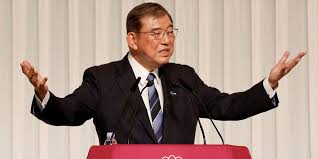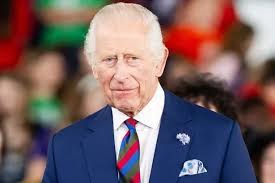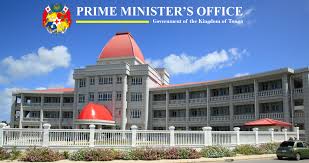by Richard Sanders, Staff Writer
Japan’s new prime minister, Shigeru Ishiba, reportedly aims to establish a more “equal” alliance with the United States. Taking office this week, Ishiba is advocating for the presence of Japanese forces in Guam, as stated in a report by the Pacific Island Times.
According to the report, Ishiba expressed that it’s time for Tokyo and Washington to rectify their “lopsided agreement.” He pointed out that the current Japan-U.S. security treaty obligates the U.S. to defend Japan, while Japan must provide bases for U.S. forces. Ishiba emphasized the need to revise this “asymmetrical bilateral treaty.”
Described as a centrist and moderate conservative, Ishiba is now the president of the ruling Liberal Democratic Party, succeeding Fumio Kishida, who opted not to pursue another term. As a former defense minister, Ishiba has proposed revising the Japan-U.S. Security Treaty and the Status of Forces Agreement to allow Japan’s Self-Defense Forces to be stationed in Guam, enhancing deterrence for both nations.
He suggested that a status agreement for the Self-Defense Forces in Guam could mirror that of U.S. forces in Japan. Additionally, he believes that expanding joint management of U.S. bases in Japan would alleviate some of the burdens on U.S. forces there.
Ishiba’s vision is to elevate the Japan-U.S. alliance to the level of the U.S.-U.K. partnership, where both nations are regarded as “equal partners.” He asserted that Japan needs to establish its own military strategy and seek independence in security matters before it can share strategies and tactics on equitable terms with the U.S.
As a conservative leader, Ishiba aims to create a security system that allows Japan to protect itself while actively contributing to the peace and stability of the Indo-Pacific region, grounded in the Japan-U.S. alliance.
At the end of the year, Guam is set to welcome the first group of U.S. Marines relocating from Okinawa, as part of a 2006 agreement between Washington and Tokyo, which will involve approximately 5,000 Marines.
The U.S. Forces Japan is based at Yokota Air Base in Tokyo, overseeing military personnel and facilities in Japan, which includes about 55,000 active-duty members and 15 major bases. The U.S. operates seven bases on the Japanese mainland, with Yokota and Misawa serving the Air Force; Camp Zama for the Army; Iwakuni for the Marine Corps; and Yokosuka, Atsugi, and Sasebo for the Navy. Camp Zama is roughly 20 miles from Yokota, while Yokosuka, the next largest base, is about 70 kilometers away, requiring a two to three-hour drive.

